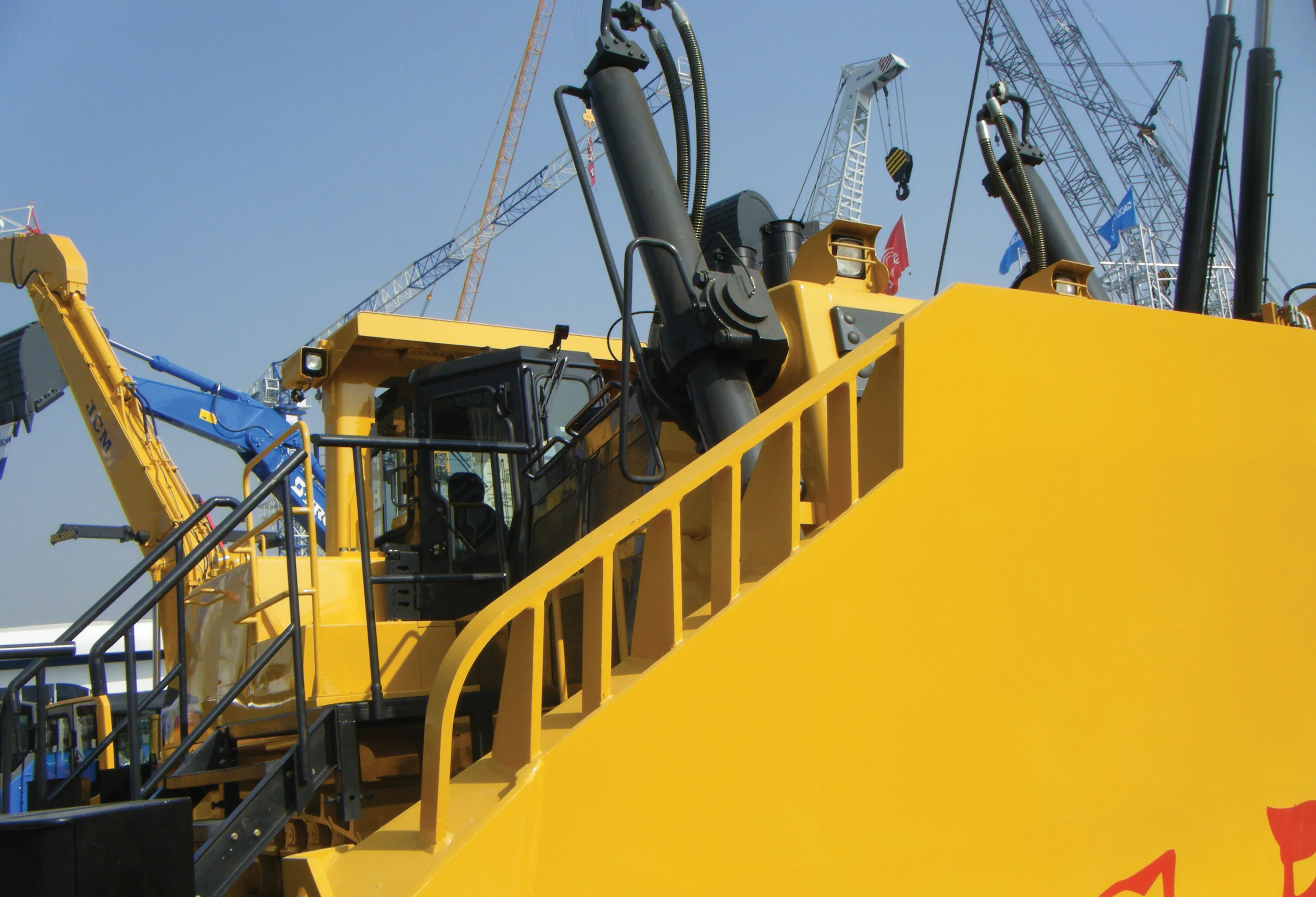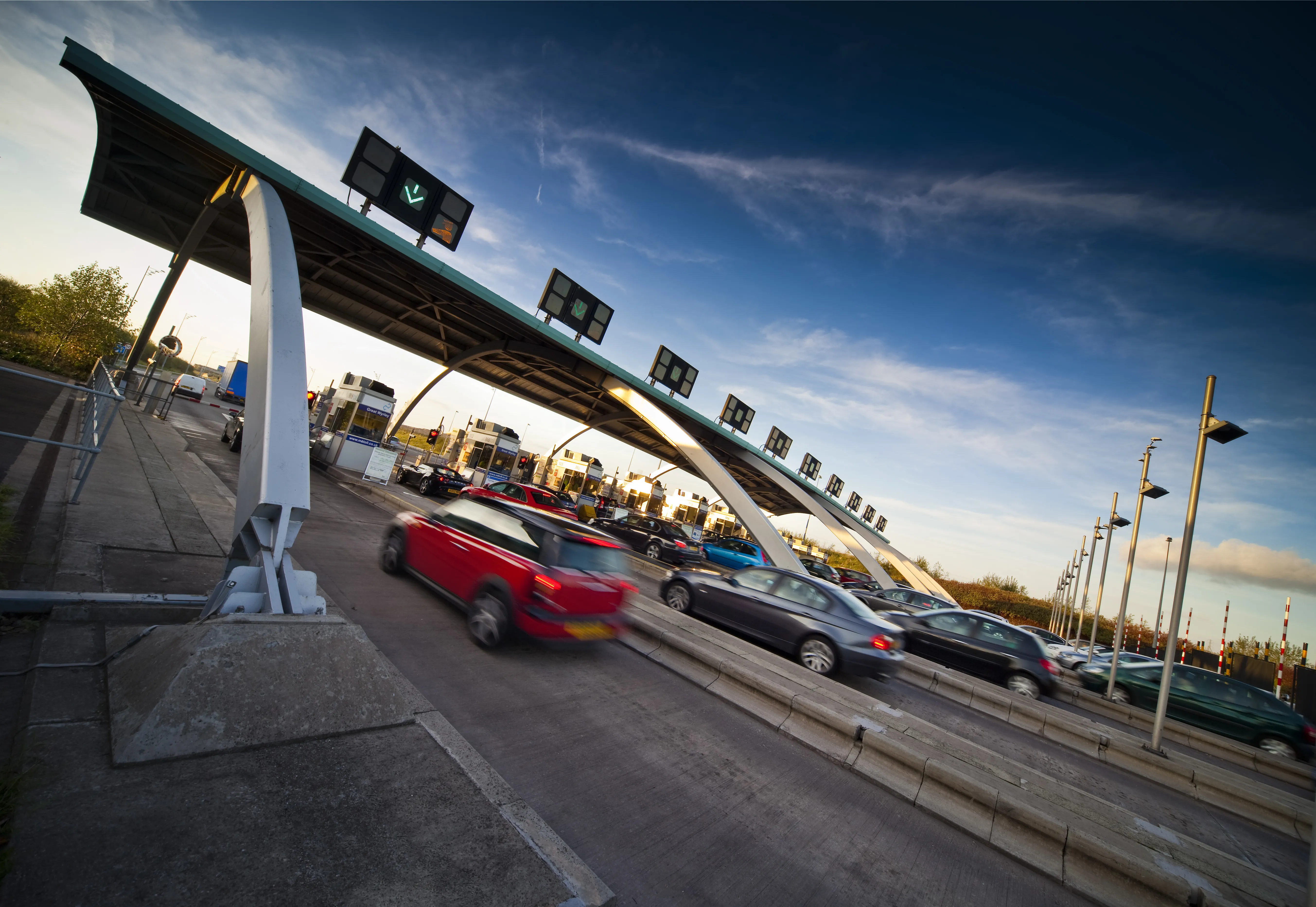UK-based engineering firm Scott Wilson has been acquired by the URS Corporation. The size of the deal has not been released at this stage. Scott Wilson is a major engineering firm with an international reputation for its work. The company has carried out a number of key infrastructure engineering projects around the world. With the completion of the Scott Wilson transaction, URS also will add significant international projects outside of the UK, including the Delhi-Mumbai Industrial Corridor Development in
May 28, 2012
Read time: 2 mins
UK-based engineering firm Scott Wilson has been acquired by the 2748 URS Corporation. The size of the deal has not been released at this stage.
Scott Wilson is a major engineering firm with an international reputation for its work. The company has carried out a number of key infrastructure engineering projects around the world. With the completion of the Scott Wilson transaction, URS also will add significant international projects outside of the UK, including the Delhi-Mumbai Industrial Corridor Development in India. "The acquisition of Scott Wilson opens the door to numerous new opportunities for URS in major international infrastructure markets," said Martin M. Koffel, chairman and CEO of URS. "URS now is among the top ten UK engineering firms by revenue, with capabilities in critical infrastructure markets. We also have expanded our capabilities in other key geographies outside of the UK and Europe, such as China and India, two of the fastest growing economies in the world. With Scott Wilson's technical depth and talented team of professionals around the globe, URS is well positioned to support public and private sector clients worldwide on their largest and most complex infrastructure assignments."
Scott Wilson is a major engineering firm with an international reputation for its work. The company has carried out a number of key infrastructure engineering projects around the world. With the completion of the Scott Wilson transaction, URS also will add significant international projects outside of the UK, including the Delhi-Mumbai Industrial Corridor Development in India. "The acquisition of Scott Wilson opens the door to numerous new opportunities for URS in major international infrastructure markets," said Martin M. Koffel, chairman and CEO of URS. "URS now is among the top ten UK engineering firms by revenue, with capabilities in critical infrastructure markets. We also have expanded our capabilities in other key geographies outside of the UK and Europe, such as China and India, two of the fastest growing economies in the world. With Scott Wilson's technical depth and talented team of professionals around the globe, URS is well positioned to support public and private sector clients worldwide on their largest and most complex infrastructure assignments."









